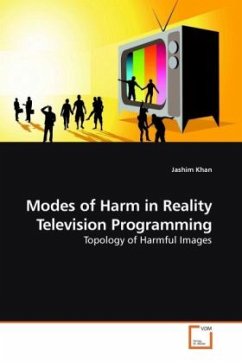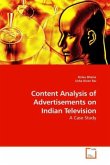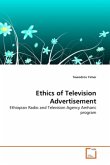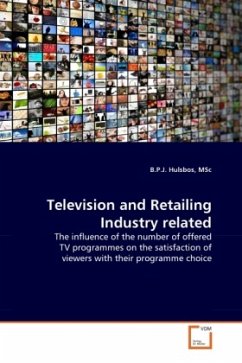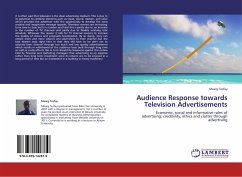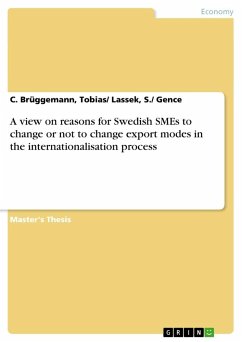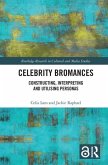With growing concern about ethics of Reality Television participation, including child participation in family format programming may have an undesirable impact on participants in their later life. This book, therefore, explored the harmful effect of Reality programming on family format participation of Trading Spouses by content analysis technique. The results of this study raise several ethical concerns, for example, Do the constructed and scripted conflictual situations deliver any good to those families participating in the show? Three interrelated topology of harmful images discussed in this book. As expected, participants were subject to psychological, racial and religious harm as a result of participation. Psychological harm intertwined with racial and religious harm where producers intentionally swap spouses from two incompatible families. The analysis provides a basic framework to identify the topology of harmful images shown in a family format Reality TV programme. The theoretical guideline would provide a standard to compare what could be portrayed in Reality TV without inducing harm to its participants (like children).
Bitte wählen Sie Ihr Anliegen aus.
Rechnungen
Retourenschein anfordern
Bestellstatus
Storno

